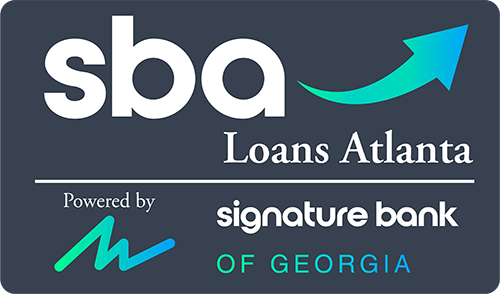The American banking sector had a net income of $236.8 billion in the year 2018. These figures are massive but not shocking, considering the industry supports one of the world’s largest economies. Over the years, small businesses in the USA have gained a lot from this vibrant banking sector through financing.
If you run a small business in the United States, banking and financing have to be your most significant concern. The good thing is you have a broad pool of banks to help you with the process of financing your venture; and having the right banking partner will ensure you have a flawless relationship with any financing institution.
Here, we present some of the little-known banking tips to help your business grow. Read on to explore the seven critical banking tips for businesses.
1. Always Have a Dedicated Business Checking Account
Most small businesses think they can navigate their way around managing their business with only a personal account. This approach to running a small enterprise is risky. Once individual and business money mixes up, you’ll have a hard time allocating resources.
The first banking tip every small business should embrace should be to have a dedicated business checking account. This way, you’re able to keep track of all your transactions and balances in real-time. The best part about checking accounts is they are cheap to open and operate.
Some banks offer low fees terms for business, while in other cases, you get free-checking options. With such advantages, you have no reason to use your personal account for business-related banking needs. A checking account is among the smart banking tips every entrepreneur should consider.
2. Read the Fine Print
When starting a business, many enterprise owners make terrible mistakes. One common error is the failure to read and understand the schedules for fees before opening an account. While some accounts charge a flat fee, others tend to charge small fees for specific types of transactions.
If your business is generating high transaction volume, you might need to pay more. The fee schedule helps you have a rough idea of what the bank is charging you for each transaction. When you open a bank account without considering such dynamics, you might end up having numerous complaints due to the countless charge-backs.
It’s important to note that banking fees are normal, which means that charges for specific activities are inevitable. However, being aware of the extent of these charges is the deal-breaker.
3. It’s Okay to Switch Banks
When dealing with a bank, it’s essential to remain open-minded. Your small business banking needs will change with time. With this, you must always stay on the lookout for a banking partner that offers you the best choices.
High banking fees can be a significant determinant of whether you want to stay with the same bank or seek new options. Switching banks might prove to be a real hassle. Nonetheless, your business must be willing to adjust to a new banking environment if the agreement’s terms are unfavorable.
4. Move With the Trends
Nearly all banks in the United States have moved to a digitized banking framework. If you are yet to adopt this changing approach to banking, you could be missing the numerous advantages that follow.
One of the best banking tips any business should embrace today is the need to move with the trends. In 2015, 6 out of 10 Americans owned a smartphone. This means that most of your vendors, contractors, and employees you deal with will probably use online banking.
To get your business in line, the best place to start is to move with the trends in your banking journey.
5. Consider Multiple Savings Accounts
When running a startup, you have a myriad of financial responsibilities to meet. As such, using money on impulse needs can be a recurrent concern. For you to avoid this mistake, the first thing to do is to have multiple savings accounts. Besides adding convenience, you also get to achieve all your savings goals better than with a single savings account.
Multiple savings accounts can help you overcome the existing withdrawal limits in your operations. If you work in a sector where you need liquid cash often, then multiple savings accounts can also help you with the quick movement of earmarked funds. Having multiple savings accounts is among the top little-known banking tips to consider.
6. Know Your Financing Options
Part of the reason small businesses associate with banks is to ensure eligibility for financing. Most small ventures that eventually break-even depend on such funding to ensure survival. Knowing the options you have when partnering with a specific bank is among the banking tips every business should always remember.
Most banks either offer personal lines of credit, business lines of credit, or business terms loans. Unless you understand each of the options and their terms, you might be in trouble when seeking financing. It’s essential to know the kind of financing options you’ll have at your disposal when engaging any bank.
7. Consider Banking Local
When sourcing for a bank for your small business, there’s a bunch of factors you must consider. Among these factors is a bank that’s capable of offering a flexible and personalized experience. Every local bank worth their salt can meet these needs.
Apart from developing closer rapport with such banks, you also enjoy lower banking rates and fees. In case of an emergency, you also have the assurance that your provider is close enough. The best part is that local banks, such as Signature Bank of Georgia, are also sizable enough to help support your business needs.
Every Business Owner Should Embrace These Banking Tips
Whether it’s your first startup or you are a seasoned business owner, banking mistakes can land you in trouble. Apart from finding the right bank, it’s essential that you also consider each of these banking tips before engaging.
The best part about doing your due diligence is that you get to enjoy lower rates on top of unmatched flexibility.
Are you looking for a reliable banking partner? At Signature Bank of Georgia, we have all it takes to help you grow your small business. Contact us for more information.


